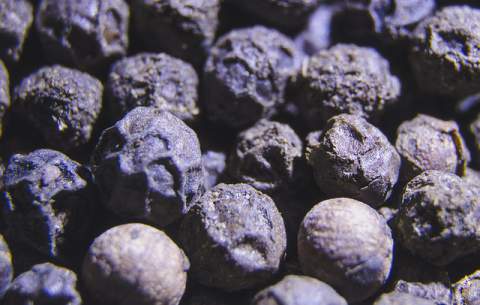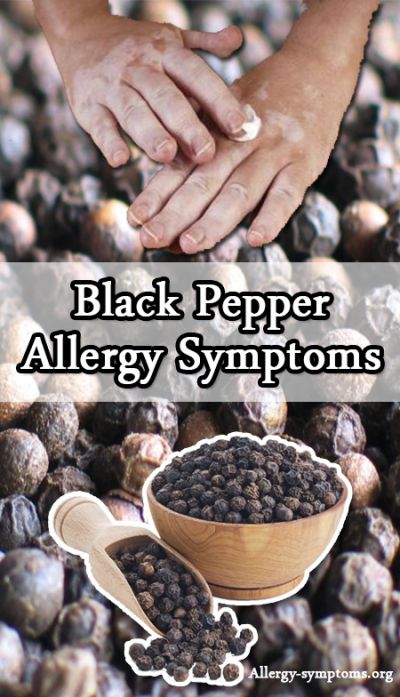
Black pepper is a nemesis for hypersensitive people because it triggers different allergic symptoms. As it’s not common, most people aren’t aware of this allergen. Black pepper allergy symptoms can be mild in most cases, but in rare cases, the person may experience severe allergic symptoms.
Food allergies are very serious when you ignore them because almost all ingredients include black pepper due to its nutritional benefits and flavor. According to official reports about 15 million Americans including adults and children have a food allergy.
Food Allergy Research & Education states that mainly 8 foods that lead to 90% of food allergies. Even the trace of these food substances will stimulate the reaction.
Food allergy for instance black pepper allergy triggers when the hypersensitive person ingests to comes in contact with the allergic substance. The immune system in sensitive people reacts mistakenly by producing antibodies. Next time when you ingest black pepper, the immune system releases histamines to trigger a chemical reaction.

The chemical reaction then results in various allergic symptoms. However, normal sneezing due to black pepper is common. But there are other signs that are serious.
Black Pepper Allergy Symptoms
An allergic reaction can be triggered by ingesting, inhaling and by physical contact. If you’re allergic to black pepper, then probably you’ll be sensitive to green and white peppers.
Time was taken to show a symptom isn’t same for everyone. Few people may experience reaction very quickly, within few minutes and other may see it after few hours.
- Skin rash or hives
- Itchy and watery eyes
- Burning sensation in mouth and tongue
- Swelling of face, tongue and lips
- Itching inside your mouth
- Vomiting
- Diarrhea
- Wheezing
- Coughing
- Nausea
- Lightheadedness
- Abdominal cramps
- Asthma
- Anaphylaxis
Researchers found potential cross-reactivity with pollen. Even if you aren’t allergic to black pepper, pollen from other allergic substances travels through the wind and combine with the spice.
Diagnosis
It’s not easy to determine the allergen depending on allergic symptoms. The allergist will conduct skin prick test by exposing your skin to various allergens and confirm the substance that triggered the reaction.
Once the allergen is confirmed, you must avoid black pepper in all forms. Foods substance and dishes must be avoided.
Check ingredient before taking a product and make sure that the spice isn’t added in any of the dishes.
Antihistamines and other medications prescribed by allergist must be regularly taken to reduce black allergy symptoms.

